The Role of Expert Witnesses in Civil Litigation: How They Influence Case Outcomes
In the realm of civil litigation, the role of expert witnesses is pivotal. Expert witnesses bring specialized knowledge and expertise to the courtroom, helping to clarify complex issues and provide informed opinions that can significantly influence the outcome of a case. Expert witnesses are also used in criminal trials; a great example of the use of expert testimony in a criminal proceeding would be for the defense of insanity, in which an expert witness needs to show that the accused is in fact suffering from mental issues. However, this blog explores and focuses on the critical role expert witnesses play in civil litigation, the types of cases they are involved in, and how their testimony can sway the direction of legal proceedings.
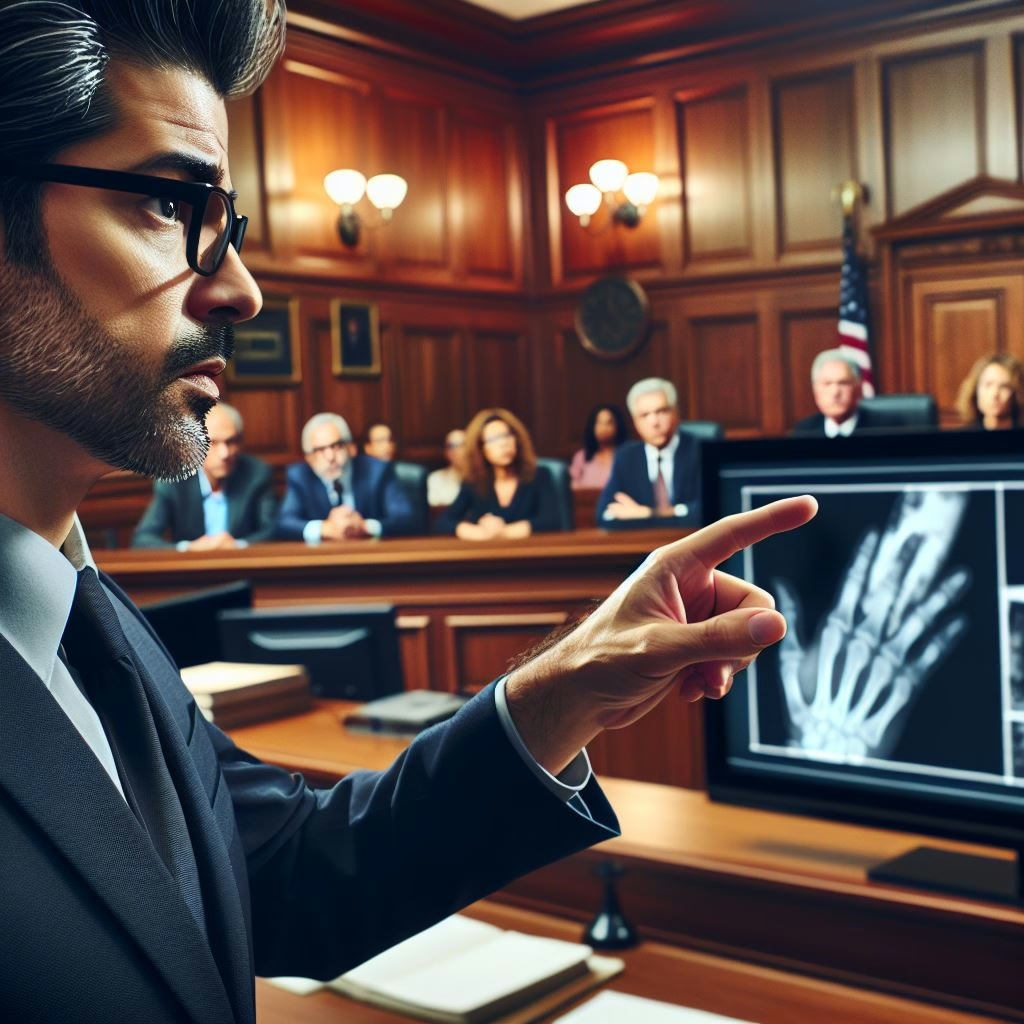
Understanding Expert Witnesses
An expert witness is someone who possesses specialized knowledge, skills, experience, training, or education that is beyond that of the average person. This expertise allows them to provide opinions and insights on matters that require technical or scientific understanding. It is important to note that they need to provide the judge and/or the jury with information and insight that is outside the common knowledge of the judge, jury, and the public and be helpful to the judge for assessing the legal issues and reaching a conclusion. Unlike lay witnesses, who can only testify about what they have directly observed, expert witnesses can offer their professional opinions based on the evidence presented.
Types of Cases Involving Expert Witnesses
Expert witnesses are utilized in a wide range of civil litigation cases, including but not limited to:
Medical Malpractice: Medical experts can testify about the standard of care provided and whether it deviated from accepted medical practices.

Product Liability: Engineers or scientists may be called upon to explain the design, manufacturing, or functionality of a product that allegedly caused harm.

Personal Injury: Experts in biomechanics or accident reconstruction can provide insights into how an injury occurred and its potential long-term effects.

Intellectual Property: Specialists in technology or industry standards can help determine whether a patent has been infringed or if a trademark is valid.

Financial Disputes: Forensic accountants can analyze financial records to uncover fraud, embezzlement, or economic damages.
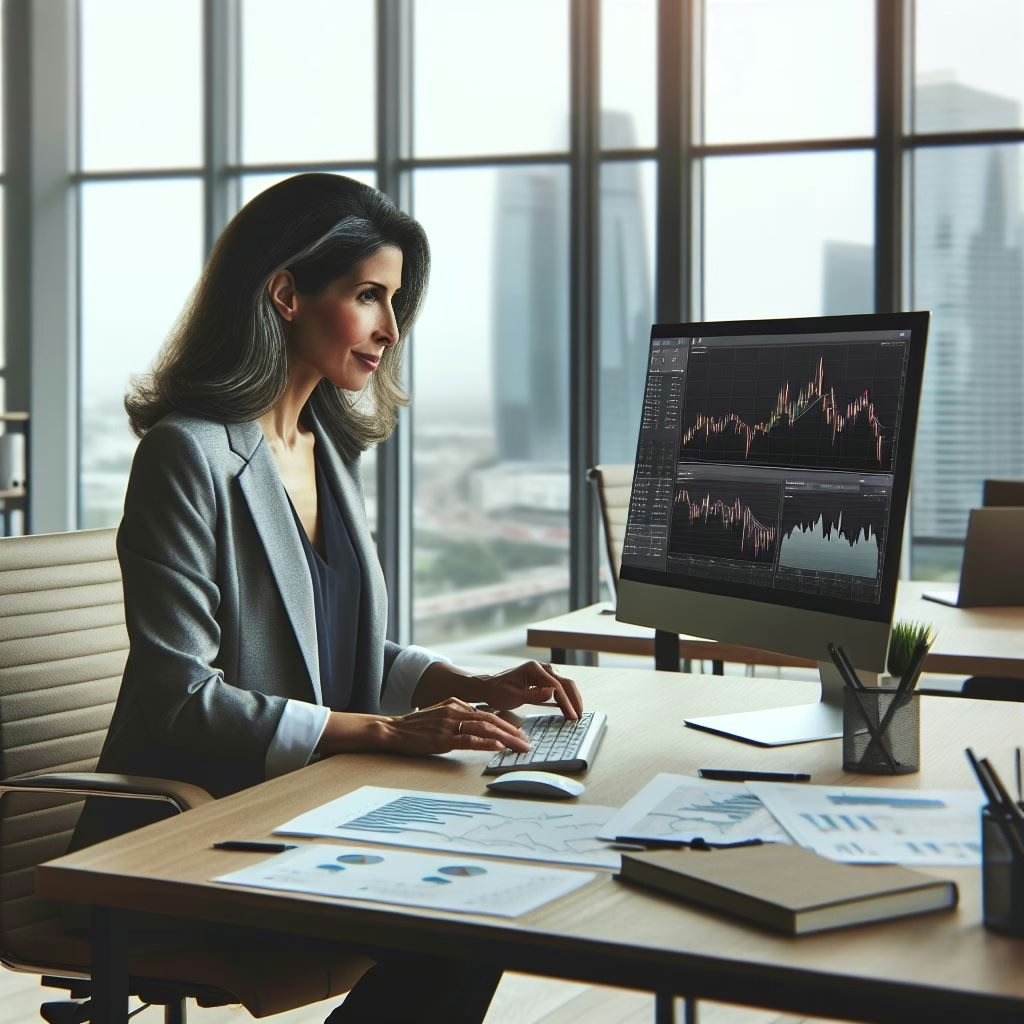
The Process of Selecting an Expert Witness
Selecting the right expert witness is crucial for the success of a case. Attorneys typically look for individuals with:
- Relevant Expertise: The expert’s background must align with the specific issues of the case.
- Credibility: A strong professional reputation and previous experience as an expert witness can enhance credibility.
- Communication Skills: The ability to explain complex concepts in a clear and understandable manner is essential for persuading the judge and jury.
Once selected, the expert witness will review the case materials, conduct any necessary tests or analyses, and prepare a report outlining their findings and opinions.
The Admissibility Test for Expert Testimony
In Canada, the admissibility of expert testimony is governed by the Mohan test, established in the Supreme Court case R. v. Mohan. This test sets out four criteria for the admissibility of expert evidence:
- Relevance: The evidence must be logically connected to a fact in issue.
- Necessity: The evidence must be necessary to assist the trier of fact in understanding the evidence or determining a fact in issue.
- Absence of Any Exclusionary Rule: The evidence must not be excluded by any other rule of evidence.
- Proper Qualification: The expert must be properly qualified to give the opinion.
The Role of Expert Witnesses in Court
During a trial, expert witnesses may be called to testify by either the plaintiff/claimant or the defendant/respondent. Their testimony typically involves:
- Explaining Technical Concepts: Experts break down complex scientific, medical, or technical information into understandable terms for the court.
- Providing Opinions: Based on their expertise, they offer opinions on specific issues, such as the cause of an injury or the validity of a patent.
- Supporting Evidence: Expert testimony can corroborate other evidence presented in the case, strengthening the overall argument.
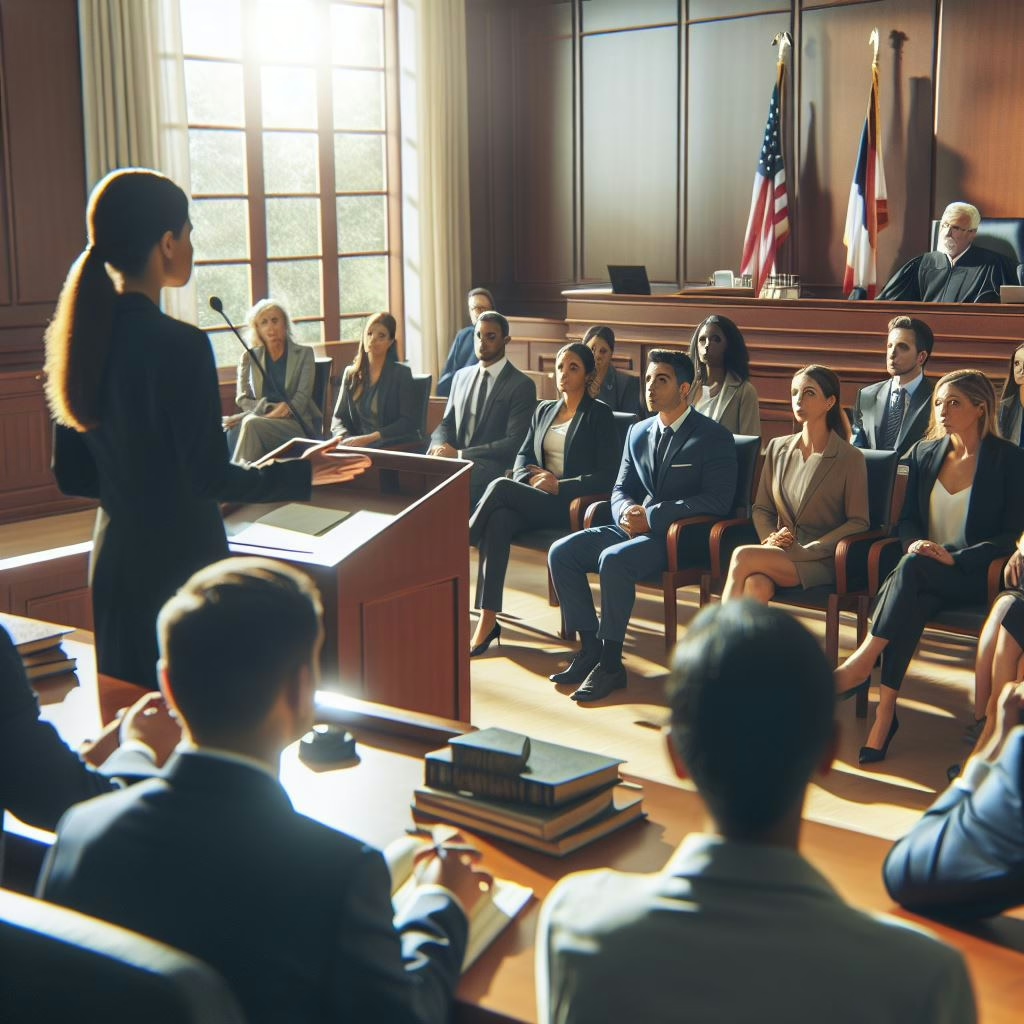
The Impact of Expert Testimony on Case Outcomes
The influence of expert witnesses on case outcomes cannot be overstated. Their testimony can:
- Clarify Complex Issues: By providing clear explanations, experts help the judge and jury understand intricate details that are crucial to the case.
- Lend Credibility: A well-respected expert can lend significant weight to a party’s arguments, making their case more persuasive.
- Challenge Opposing Evidence: Experts can also critique and counter the testimony of opposing experts, highlighting flaws or inconsistencies in their analysis.
Challenges and Controversies
Despite their importance, the use of expert witnesses is not without challenges and controversies. Some common issues include:
- Bias and Objectivity: There is often concern about the impartiality of expert witnesses, especially if they are being compensated for their testimony.
- Jury Perception: The effectiveness of expert testimony can be influenced by how the jury perceives the expert’s credibility and demeanor. However, it is worth noting that jury trials in civil litigation are quite rare. While it is legally possible to have a jury in a civil case, most civil cases are tried by judges alone. Courts have broad discretion to strike a jury and proceed with a judge-only trial.
Conclusion
Expert witnesses play an indispensable role in civil litigation, providing the specialized knowledge and insights necessary to navigate complex legal issues. Their ability to clarify technical concepts, offer informed opinions, and support evidence can significantly influence the outcome of a case. However, the selection and use of expert witnesses must be handled with care to ensure their testimony is credible, objective, and persuasive. As civil litigation continues to evolve, the role of expert witnesses will remain a cornerstone of the legal process, helping to ensure that justice is served through informed and accurate decision-making.

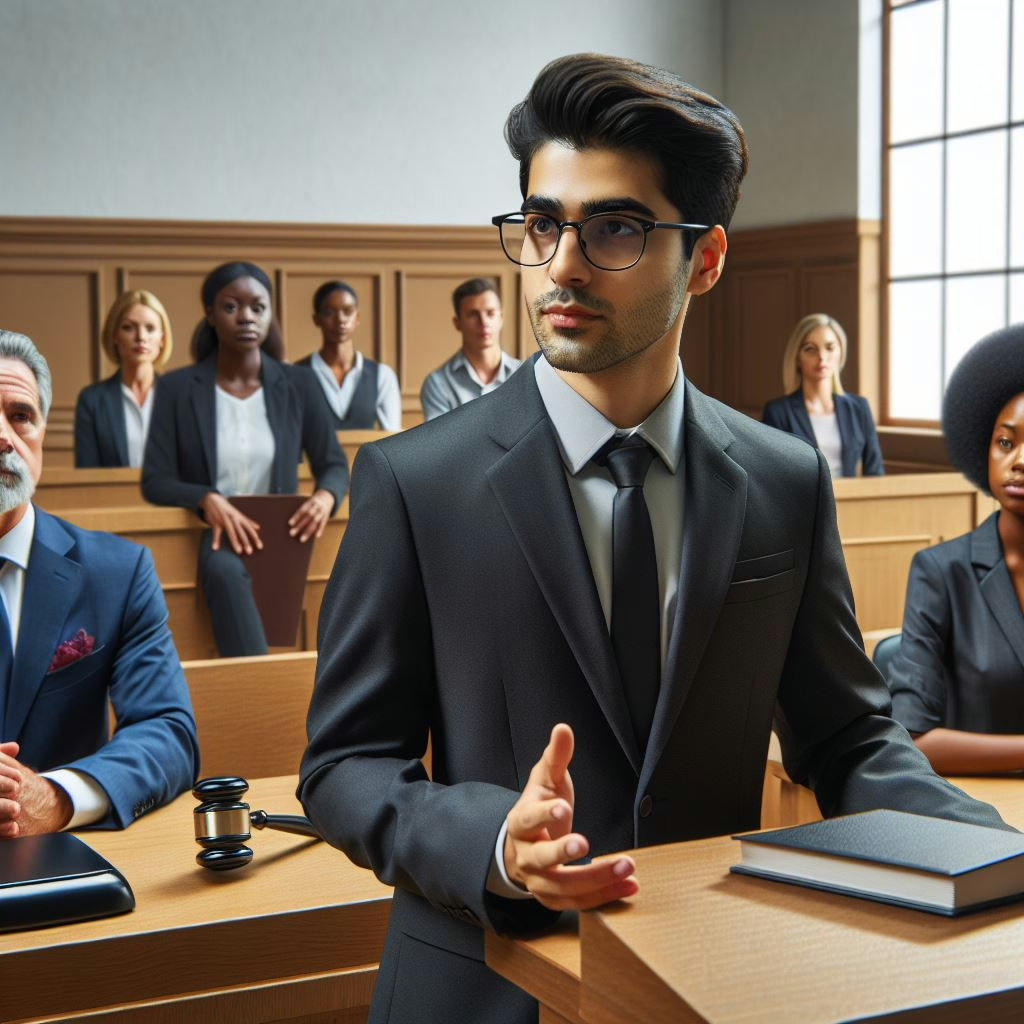
If you require civil litigation services or wish to book a consultation with us, our professional team at Pax Law Corp. can assist you with your indemnification. We are more than happy to help you!
You may book a consultation with us at: Consult with Vancouver Lawyers and Immigration Consultants | Pax Law.
Important: Please note that the information here is not meant to be legal advice. Do not solely rely on the information given here; it is important that you consult with a lawyer regarding any legal advice. Pax Law Corp. is not responsible for any reliance on the contents of this blog post. Any faces posted on this blog post is totally AI generated and they are not intended to represent any person in the real world. Any similarities are completely coincidental.
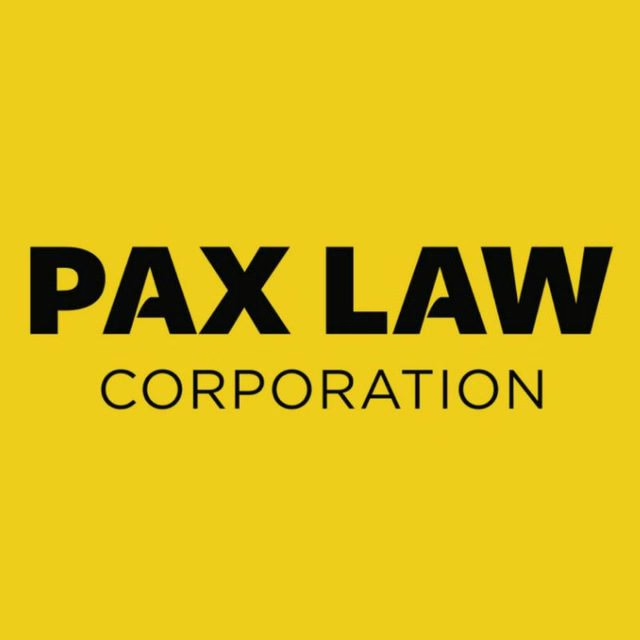
Discover more from Pax Law Corporation
Subscribe to get the latest posts sent to your email.
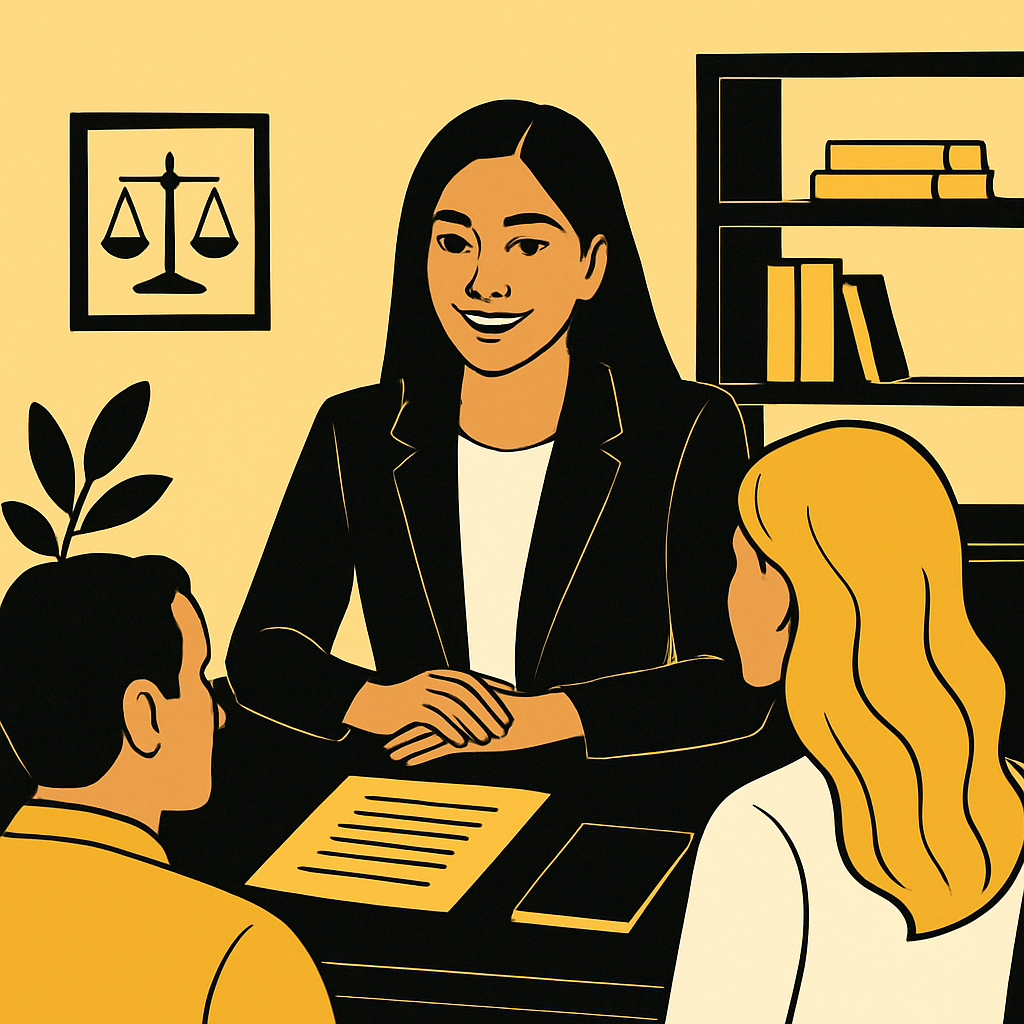
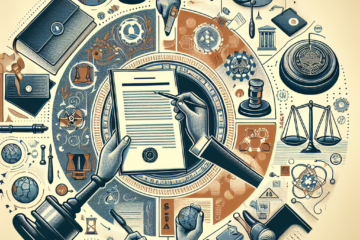

0 Comments